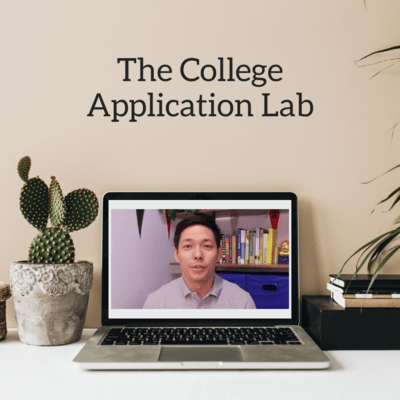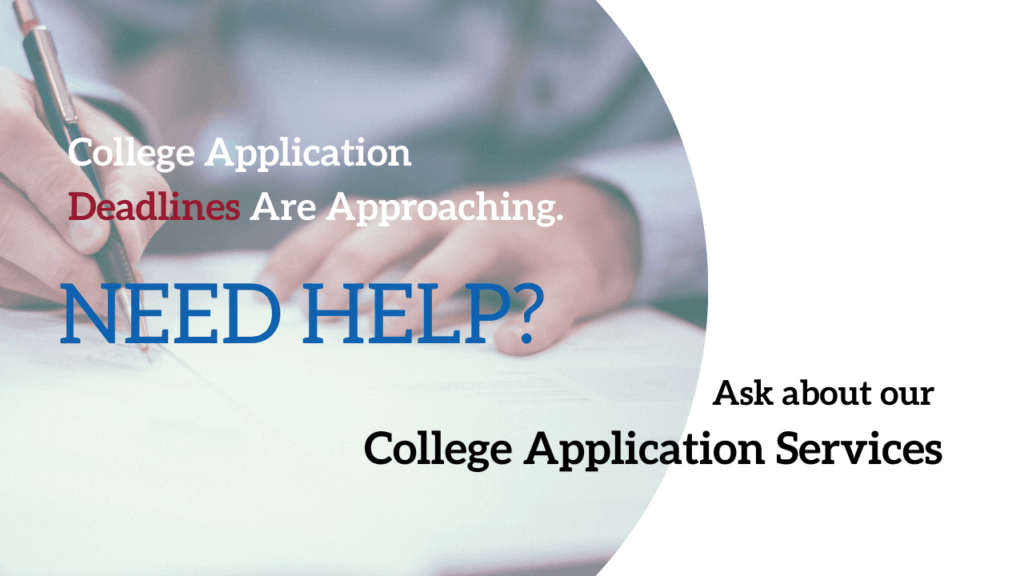So You Want an Open Curriculum?
Open curricula have gained increased popularity. They’re very attractive, coming off as highly flexible. That said, an open curriculum is not for everybody, so let’s look at it in more detail.

By SPRING PHAM
What is an open curriculum?
When I was in college, students had to take distribution requirements, which meant they could pick from a certain list of courses in different areas, like humanities, sciences, and math. This is pretty similar to the familiar core curriculum, which is a set of general education requirements that all students have to take.
These days, an open curriculum has become well-favored among many students, who can choose their own courses with few required to graduate. Chart the path forward carefully as you will need to take control of your own education. With these programs, the value of learning certain skills (hard or soft) can help guide you. Even so, if you’re an independent, interdisciplinary learner, this may really suit your personality. Ultimately, you want to choose something that will challenge you and keep you motivated!

Benefits of an open curriculum

Consider the type of student that you are. Maybe you love doing math research but just so happen to also want to study German and spend a year in Berlin; or think of the art history buff who is interested in entrepreneurship. There are a lot of unique opportunities to be created when you’re the one steering the ship, but you really need to self-assess your strengths and weaknesses.
In our education system, many students are typically categorized as “humanities” or “math/science” types. This becomes a little tricky down the line when flexibility and open-mindedness become really key during college and the workplace. So, students who lean to one side or another need to be careful not to pigeonhole themselves.
You don’t have to choose between being a “math/science person” or “humanities person.” You can be both, and you can use your skills in both areas to create a fulfilling, successful career.
College Admissions Services
Schedule a Free Consultation
Meet with Alex one-on-one via video chat to talk about your son/daughter’s admissions plan. Afterwards, receive a no-obligation Customized College Roadmap (CCR) with advice on courses, extracurricular activities, standardized tests, and Admissions Angle strategy.
Where can I find an open curriculum?
There are many schools that offer an open curriculum, with many of them in the Northeast. A commonly referenced model is that of Brown University, where there are no grade point averages or rankings. At Brown, students are required to take one writing class as underclassmen and then one more as upperclassmen.
There are lots of schools that offer flexibility, however, so just keep in mind that open curricula still have requirements and tend to attract a certain type of community. It’s best to pay a visit to see if you could envision yourself there!

So what about the core curriculum?

- The core curriculum is designed to provide students with a well-rounded education.
Do you thrive with structure and enjoy having a clearly outlined plan before proceeding? Do you have an idea of what you want to study and can narrow it down to a field? Do you sense that a well-rounded education can push you to understand your surroundings and community?
Though, there’s something to be said of how the “rigid” structure of a core curriculum can feel confusing and irrelevant to students who have not been exposed to certain fields of study. Some students may find themselves taking classes that they have no interest in or that seem to have no relevance to their lives.
Take into consideration that it’s hard to pinpoint what you actually want at 17/18 years old. So, having that structure can push students to bloom and find interesting angles about themselves.
Which curriculum is right for me?

The best type of curriculum for you is all about what you need, what you want, and what keeps you going.
- Do you learn best by reading, listening, watching, or doing?
- What do you want to learn about? What do you want to do with your life?
- Talk to other students and educators to get their perspectives.
If you take some time to self-reflect, you’ll get a better idea of what speaks to you while pushing you to explore. Then, you can choose a curriculum that will help you reach your goals.

Need Help with College Applications?
Join us in The College Application Lab!
- Online Course that covers everything you need to conquer the FULL college application process
- Major Focus on Personal Statement Essay and Supplemental Essay Archetypes
- Full Walkthroughs for Filling out the Common App, Coalition App, and UC app





